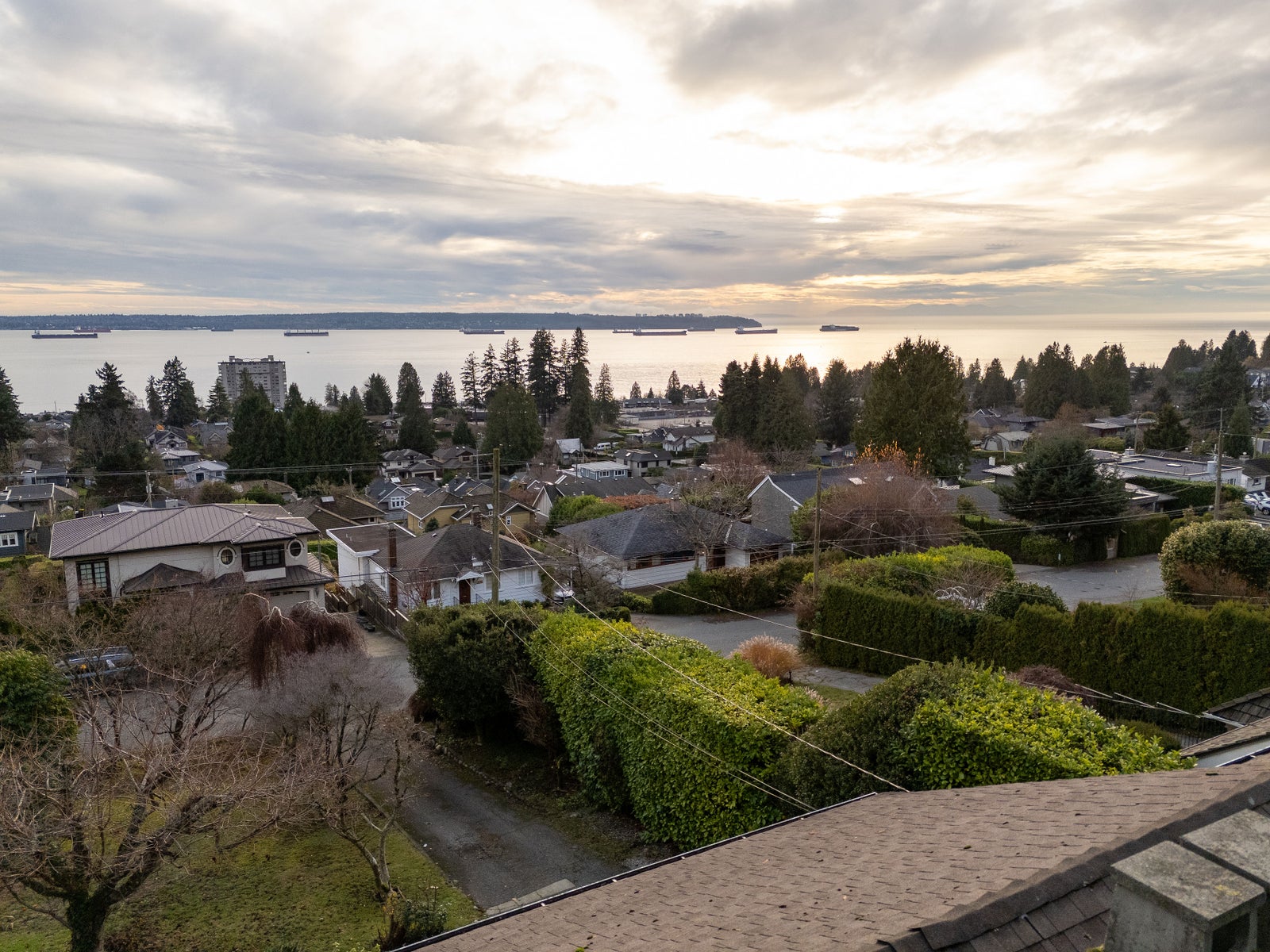The Speculation and Vacancy Tax in British Columbia targets vacant homes, aiming to transform them into housing for locals. This annual tax ensures fair contributions to the tax system, especially from foreign owners. While similar to Vancouver's empty homes tax, it has its own rules and processes.
Declaration Process: West Vancouver property owners must annually declare residency status and property usage by March 31. Failure results in a 2 percent tax on the property's assessed value. Co-owners must submit separate declarations.Importance of Declaration: The declaration is crucial for exemptions, tax rates, and credits. Providing Social Insurance Numbers (SIN) ensures secure handling of personal information.Partner Agencies: The tax relies on data from the Land Title and Survey Authority (LTSA) and BC Assessment. Accuracy with both agencies is vital for property owners.Vancouver's Empty Homes Tax: Different from the Speculation and Vacancy Tax, Vancouver's Empty Homes Tax has its own rules. Property owners in Vancouver may face both taxes.Underused Housing Tax: The Government of Canada's Underused Housing Tax is separate and tackles different housing issues. This tax focuses on empty lots that are not being built on. Conclusion: Understanding the Speculation and Vacancy Tax's nuances is crucial for West Vancouver homeowners. Adhering to the annual declaration and understanding partner agencies contribute to affordable housing goals. For example, a vacant home assessed at $3,500,000 would incur a $70,000 tax at the maximum rate of 2 percent, emphasizing the importance of navigating the tax process to support community housing initiatives.

Declaration Process: West Vancouver property owners must annually declare residency status and property usage by March 31. Failure results in a 2 percent tax on the property's assessed value. Co-owners must submit separate declarations.Importance of Declaration: The declaration is crucial for exemptions, tax rates, and credits. Providing Social Insurance Numbers (SIN) ensures secure handling of personal information.Partner Agencies: The tax relies on data from the Land Title and Survey Authority (LTSA) and BC Assessment. Accuracy with both agencies is vital for property owners.Vancouver's Empty Homes Tax: Different from the Speculation and Vacancy Tax, Vancouver's Empty Homes Tax has its own rules. Property owners in Vancouver may face both taxes.Underused Housing Tax: The Government of Canada's Underused Housing Tax is separate and tackles different housing issues. This tax focuses on empty lots that are not being built on. Conclusion: Understanding the Speculation and Vacancy Tax's nuances is crucial for West Vancouver homeowners. Adhering to the annual declaration and understanding partner agencies contribute to affordable housing goals. For example, a vacant home assessed at $3,500,000 would incur a $70,000 tax at the maximum rate of 2 percent, emphasizing the importance of navigating the tax process to support community housing initiatives.
If you are curious if this applies to you, you should always seek professional advice!